Highlights
Director-General

News
Six new sites recognized as Globally Important Agricultural Heritage Systems
Brazil, China, Mexico and Spain receive new designations from FAO

Story
Three tales of biodiversity revival in Latin America
Restoring flora and fauna across Brazil, Chile and Venezuela.

Tea is far more than a beverage - for millions of people around the world it is a lifeline
QU Dongyu addresses the International Tea Day Ceremony 2025 at FAO

Interactive story
Planting the seeds of our future
With our interactive photo essay, explore the state of the world’s plant genetic resources for food and agriculture.

Event
COFI Sub-Committee on Aquaculture
Follow the 13th Session of the Sub-Committee and discover the latest global trends in aquaculture development.

In Focus
FAO response to global food security challenges
Data analyses, policy recommendations, and actions on the ground.

In Focus
Unearth Sustainable Pompeii
Join us on a path to rediscover the innovative and sustainable practices of the past with this special educational experience.
.jpg?sfvrsn=1c8365d1_1)
Publication
Biodiversity takes centre stage
On this International Day for Biological Diversity, explore FAO’s latest resources and publications supporting biodiversity in sustainable agrifood systems.

Interactive story
Biodiversity: no small matter
Director-General

Tea is far more than a beverage - for millions of people around the world it is a lifeline
QU Dongyu addresses the International Tea Day Ceremony 2025 at FAO
Join the conversation
Voices of Impact
From ash to harvest: Lanzarote’s journey of living heritage
21/05/2025
On the arid island of Lanzarote, where black volcanic fields evoke a lunar landscape, farmers have developed a striking agricultural system. Using volcanic lapilli and sea sand to capture moisture and protect the soil, they grow grapes, sweet potatoes, and legumes. Watch the video and see how this approach sustains biodiversity, livelihoods and cultural heritage in one of Europe’s driest regions.
Video
Did you know bees are not the only pollinators?
18/05/2025
From increased food production to increased biodiversity, bees and other pollinators give us so much.
Podcast
FAO Brief – 12 May 2025
12/05/2025
In this episode, FAO urges enhanced surveillance as Europe faces its largest foot-and-mouth disease outbreak in decades; a call by FAO for early desert locust control measures in Northwest Africa; and the Food Price Index rose in April.
Data
FAO Food Price Index 2022-2025
2020 World
31.2%
2010 World
31.5%
In depth

Data
Transparency is key to FAO’s mission
Our new transparency portal shows how and where our resources are used and the results we have achieved. Explore the portal now.
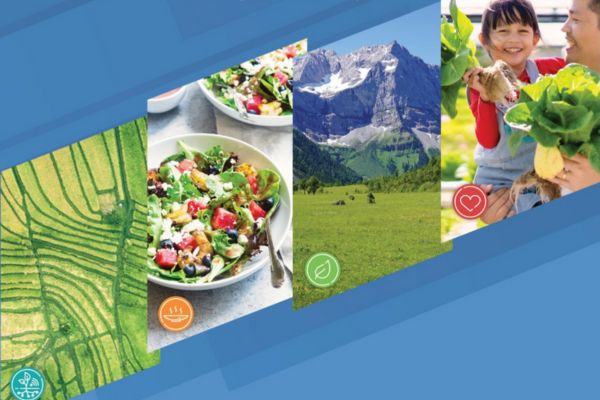
Publication
Medium Term Plan and Programme of Work
The Director-General’s Medium Term Plan 2026-29 and Programme of Work and Budget 2026-27.
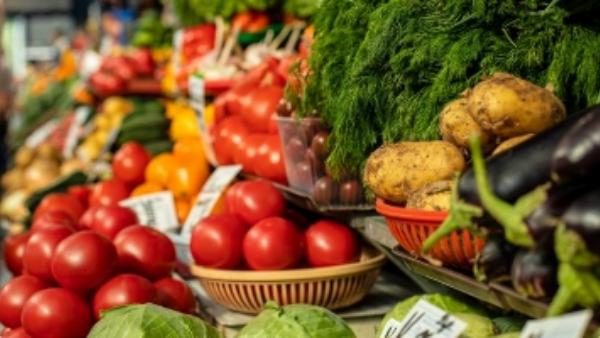
In Focus
FAO Data Lab
The FAO Data Lab for Statistical Innovation modernizes the statistical business process, with a specific focus on emergency contexts, when having access to timely information is very important.
FAO and the SDGs
Hover the mouse over an SDG icon for more information
A world free from hunger and malnutrition where food and agriculture contributes to improving the living standards of all
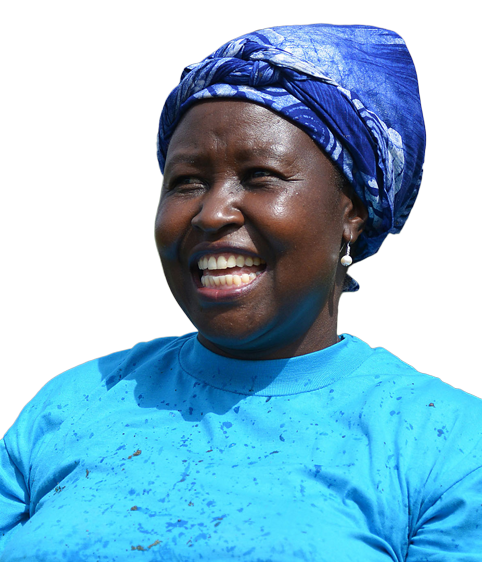
FAO works with governments and partners to empower some of the world’s most marginalized people to end rural poverty.
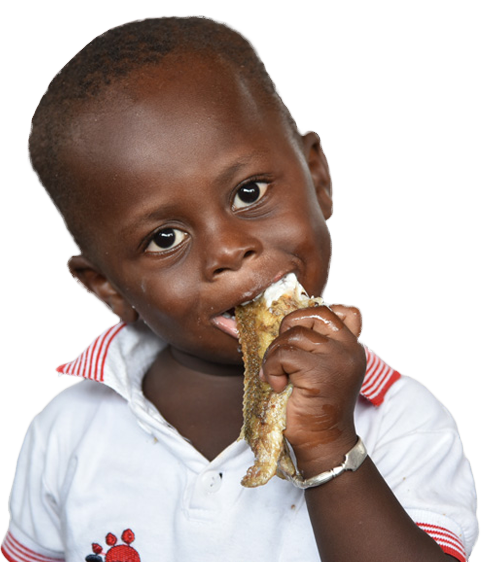
FAO helps ensure food security by developing ways of growing food that will work in the future so that millions of people don’t go hungry.
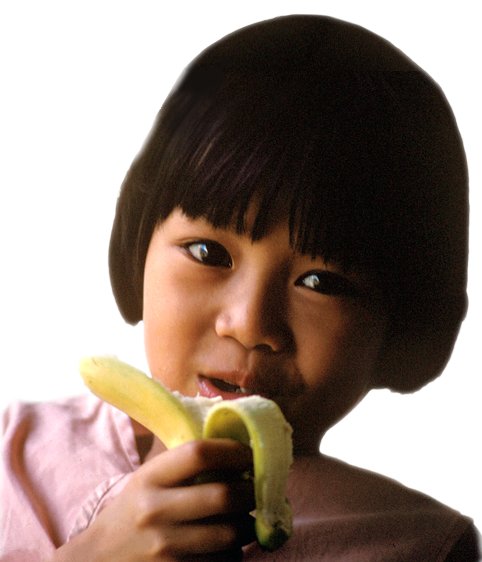
Good health starts with nutrition. FAO sets global standards and works with governments and the private sector to ensure food quality and safety throughout the food chain.

FAO invests in educational systems for rural communities and supports improved access to primary education and school meals in order to create equal opportunities for all and chances of lifelong learning.
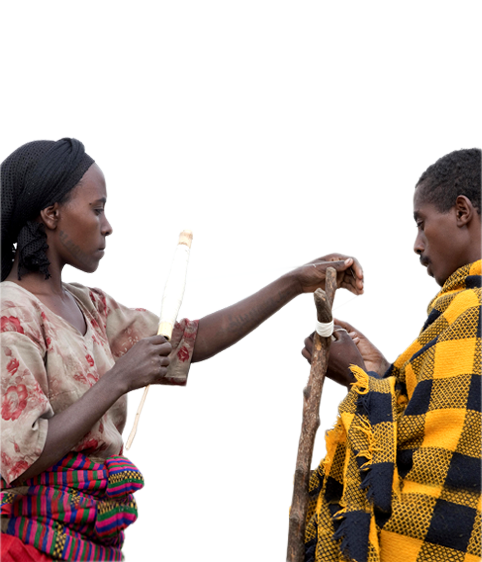
FAO supports gender equality in the agricultural sector in an effort to raise levels of nutrition in local communities and improve agricultural productivity.
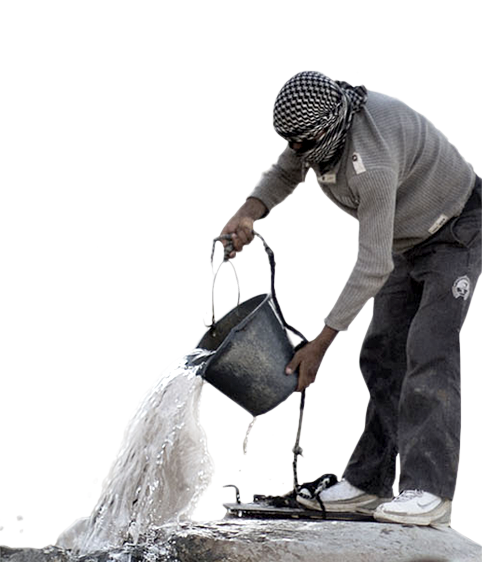
FAO works with governments to ensure water use in agriculture is made more efficient, equitable and environmentally friendly.
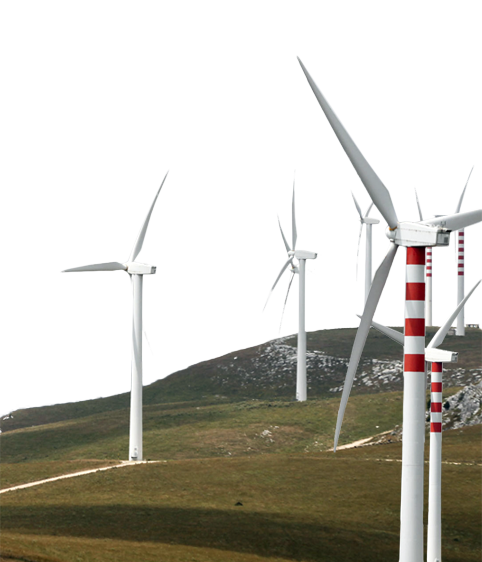
FAO promotes the use of renewable energies and works to ensure access to modern energy services across the food chain.
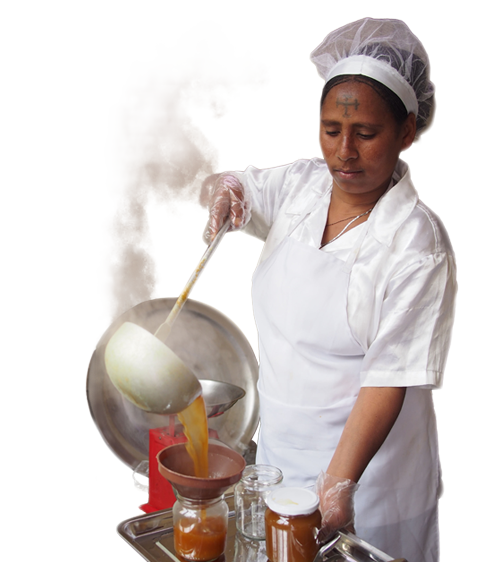
FAO seeks better economic opportunities for all by investing in sustainable agricultural practices and food systems that reduce inequalities and create decent jobs.
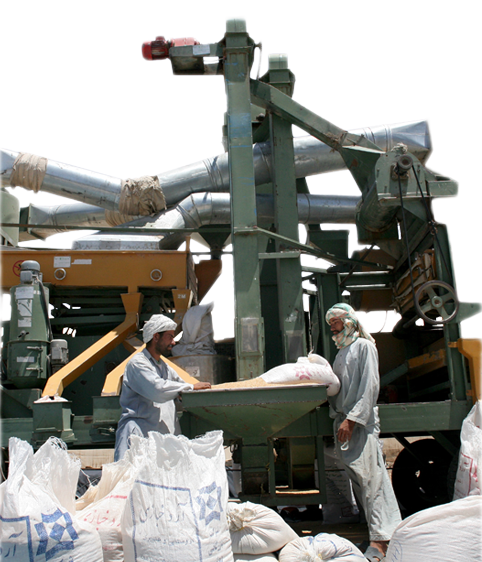
FAO seeks to secure a future for rural communities via investments in transportation, irrigation, food storage facilities and communication technologies.
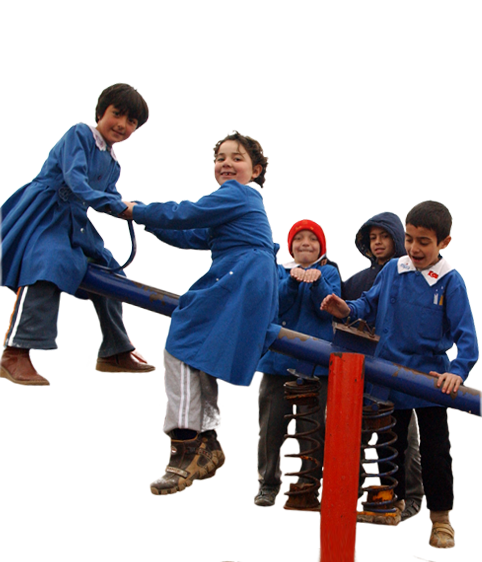
FAO works with countries and partners to generate employment in rural areas, ensure access to natural resources for the most vulnerable and connect farmers to markets.

FAO works to improve urban healthcare, water quality and rethink city region food systems to help deter the negative effects of sprawling urbanisation.
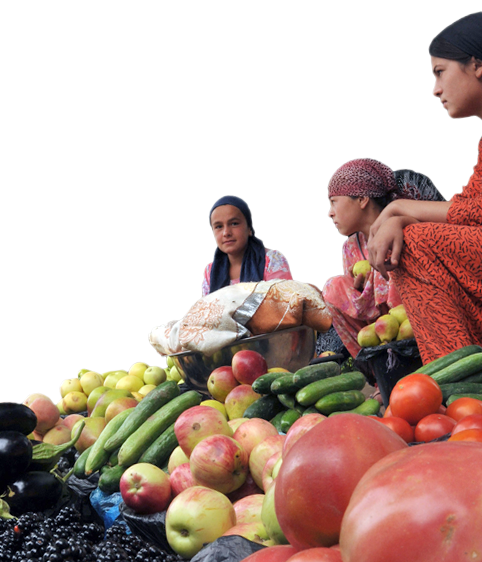
FAO coordinates major global initiatives and projects to tackle food waste and loss, partnering with international organisations, the private sector and civil society.
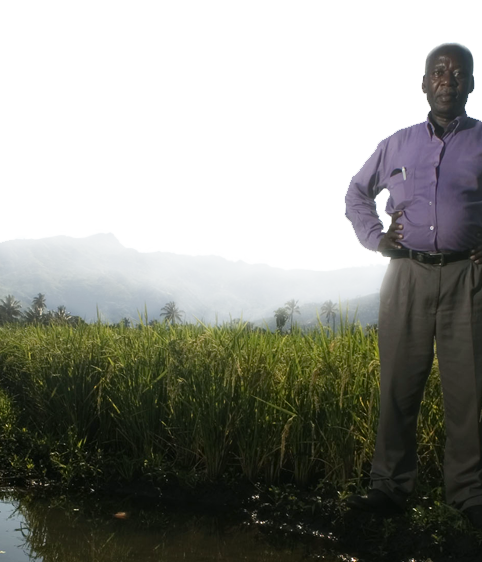
FAO supports countries in responding to the threats of climate change by providing advice, data and tools for better agricultural policies and practices.
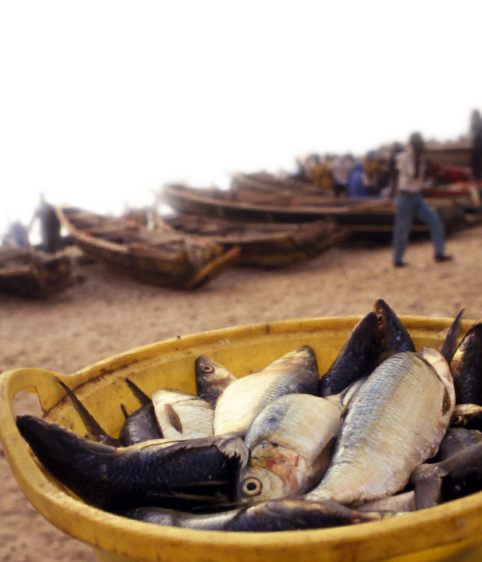
FAO, in partnership with governments and fishing communities, implements best practices in fisheries to ensure our oceans are protected as a means of livelihoods.
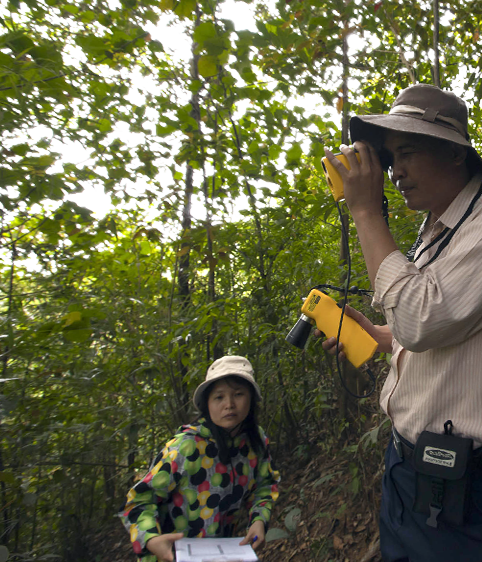
FAO promotes sustainable approaches to natural resource management and supports endeavours that promote a balance between conservation and development initiatives.
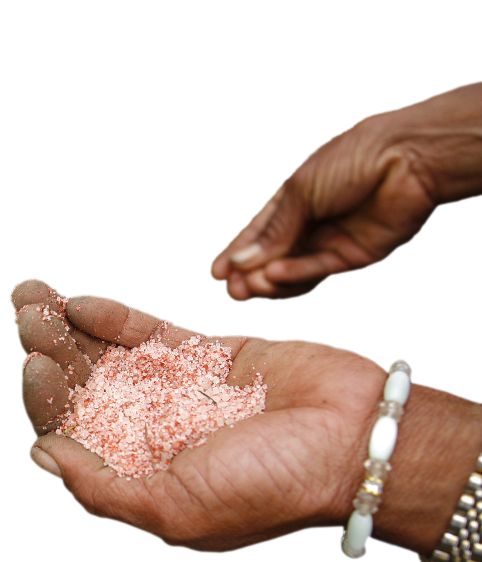
FAO plays a critical role in peacebuilding, restoring rural livelihoods, building resilience and participatory approaches to policymaking.
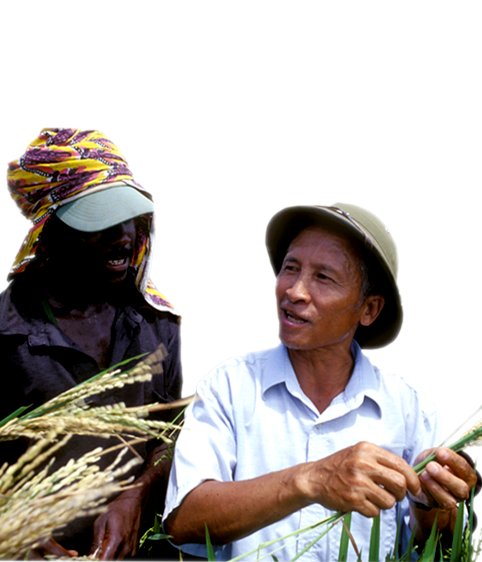
FAO acts as a neutral policymaking forum and develops partnerships with all concerned with food and agriculture to ensure a world free from hunger.





















